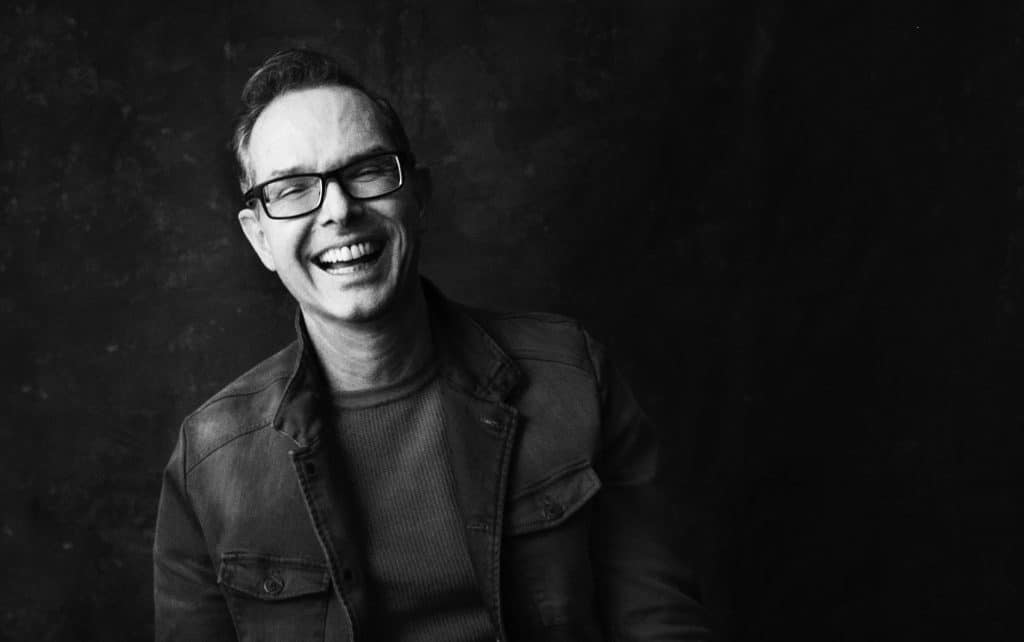
“When our everyday life is based on wisdom we call it precepts” – Shunryu Suzuki
Within the system of Reiki we find the precepts. The precepts we use in the system of Reiki are below:
Today only 今日だけは Kyoudake wa
Not anger 怒るな Ikaru na
Not worry 心配すな Shinpai suna
Be grateful 感謝して Kansha shite
Practice diligently 行をはけめ Gyo o Hageme
Be kind to people 人に親切に Hito ni Shinsetsu ni
We also can find a very similar set of precepts in a book that was published in December 1914. From “kenzen no genri 健全の原理 – Principles of Health” by Suzuki Bizan. Here are these precepts::
Today only 今日だけは Kyoudake wa
Not anger 怒らず Ikara zu
Not afraid. 恐れず Osore zu
Be honest 正直に shojiki ni
Dedicated to your duties and do your best 職務を励み syokumu wo hagemi
Be Kind to people 人に親切に Hito ni Shinsetsu ni
As you can see, the two sets of precepts look similar, and yet we also can see differences between them. Mikao Usui’s precepts are not an exact copy of Suzuki Bizan’s; we see different kanji here and there and also a different connotation. Discussing the two, international Japanese calligrapher Michiko Imai states that Suzuki Bizan’s precepts sound softer, as you tell yourself more quietly. Mikao Usui’s precepts are more like commands you give yourself.
Some researchers claim that Mikao Usui took his precepts from this book, but there is no solid proof of this. Maybe Mikao Usui wrote his precepts before 1914 and Suzuki Bizan borrowed from him? Which came first, the chicken or the egg?
These concepts – today, anger, worry, practice diligent, being kind, etc. – are common in Japan. For example, we can even find these in “The Old Man’s Favourite Adages 親父の小言”, which was written in 1853. And we also can find these concepts in Japanese Buddhist practices.
Precepts are also a common element within Japanese spiritual practice, like Zen, and others.
For example, the wonderful quote at the top of this blog points out today, everyday life, and that when our everyday life is coming from our great bright light/our true self, then our life is the embodiment of the precepts.
The problem is that sometimes when we do research we get too caught up with the chicken and the egg question and we forget why the precepts are there in the first place. They are there so that we can learn how to embody them in our daily life. And how do we do this, through research? Through looking at what came first, the chicken or the egg? Or through daily diligent practice? The answer can be found within the precepts themselves: diligent practice. What do we practice daily? The meditation practices Mikao Usui put into his teachings: meditating on the precepts, hands on healing as an act of meditation, breath meditations like joshin kokyu ho, meditating on the symbols and mantras, etc. The teachings point to the practices and the practices light our way, leading us back to the precepts.
History and research are wonderful things. But we have to be careful that Mikao Usui’s teachings do not become a historical research project conducted by university professors. Rather, they have to become a way of life, not through reading or research, but through practice.Then we can truly have a direct spiritual experience of Mikao Usui’s teachings, and only that can change the way we walk our talk in our daily life. And that in turn creates a more compassionate world.
“Many university professors can give clear intellectual explanations of Buddhism, Hinduism and Christianity, but that alone doesn’t make them spiritual people. They’re more like tourist guides for the spiritually curious. If you can’t put your words into experience, your learning helps neither yourselves nor others. There’s a big difference between being able to explain religion intellectually and transforming that knowledge into spiritual experience.” – Make Your Mind an Ocean by Lama Yeshe
So, as you read this blog, you might at first think it is about historical research. However, it really is a pointer to sit on your butt and start to integrate the precepts into your daily life. Because as we all know, our world is not in a good place. And it is only through diligent daily practice that we slowly can become more compassionate people, can live from our true selves and in turn, help others to do the same.
(Thank you Michiko Imai for your help with this blog)
Based in Holland, Frans Stiene teaches in North America, Europe, UK, Australia and Asia.
Frans is also the author of Reiki Insights, it is the continuation of his previous book The Inner Heart of Reiki, taking your personal practice and understanding of the system of Reiki yet another step deeper.

